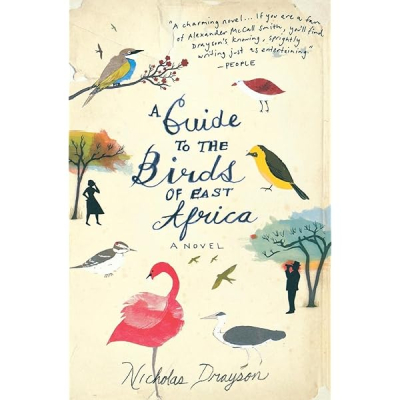Philip mead’s Networked Language: Culture & History in Australian Poetry is an extraordinary piece of scholarly writing: large, ambitious, meticulously researched, brilliantly written and quite original. It is laudable not only for these inherent virtues but also, it has to be said, because of its very existence. Australian Scholarly Publishing is to be commended for publishing such a work. If poetry is marginal to Australian public culture (as we are routinely told), then works about Australian poetry are all but invisible. It is all the more notable, then, that Mead’s work should join another recently published, large-scale work on modern Australian poetry: Ann Vickery’s Stressing the Modern: Cultural Politics in Australian Women’s Poetry, published by Salt in 2007. Both Mead’s and Vickery’s books use Australian poetry as a way of intervening in, or instigating, debates in modern politico-cultural history. (And to these studies we may also add another ambitious piece of poetry criticism, John Kinsella’s more globally focused Disclosed Poetics: Beyond Landscape and Lyricism, Manchester University Press, 2007.)
...
(read more)










